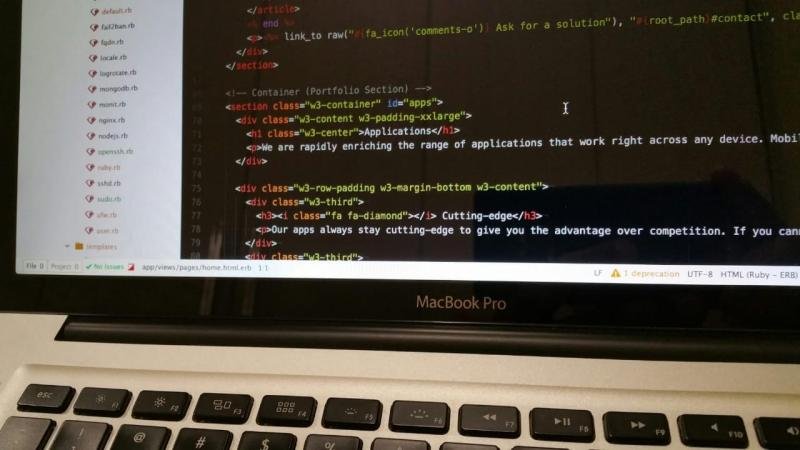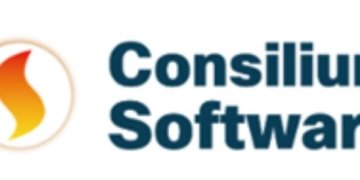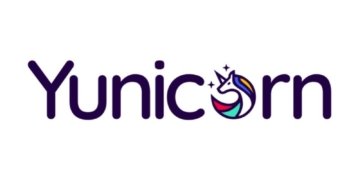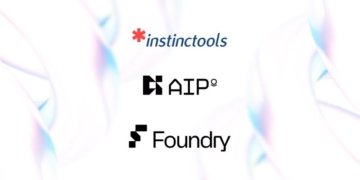So you’ve got this coding assignment sitting in front of you, which is what landed you here. You’re thinking, “Where do I even start? What do they want from me?”
And then maybe you close the file and tell yourself you’ll come back later. Except… you don’t. Because the more time passes, the more intimidating it gets.
Yeah, I’ve been there. Honestly, most students have. So if you’re feeling stuck and a little lost, trust me, you’re not broken. You’re just overwhelmed. And that’s fixable. Let’s walk through it together, step by step, like actual humans who hate confusing assignments.
First, No One Starts Knowing Everything (Literally No One)
Before you do anything else, I need you to hear this: you are not supposed to know everything right away. That’s the point of the assignment, to figure it out, piece by piece.
So if you opened the prompt and instantly felt dumb? That’s not failure. That’s your brain trying to get its footing. You wouldn’t expect to build an IKEA bookshelf without glancing at the instructions, right? Same deal here. You’re not a bad coder, you just haven’t figured out your entry point yet. And that’s what we’re going to find.
Let’s Start With What You Do Understand
Forget about code for a second. Look at your assignment and ask: what are they actually asking me to do?
Like, just in normal words. Pretend your little cousin asked you what this program should do. Can you explain it in a sentence or two?
Even if it’s super basic, like:
“It’s supposed to take some numbers and put them in order.”
Cool. That’s a start. That’s something.
Now, write that down. Literally just open a doc and write what you think the assignment is asking for. Don’t worry about syntax or functions yet. Your brain needs to understand the goal before it starts worrying about the tools.
And if you don’t understand any part of the assignment? That’s okay too. Just highlight the parts that feel confusing.
Now Break It Into Chunks (Tiny Ones, Please)
Let me ask you something: if someone told you to “cook dinner,” would you instantly panic and run to YouTube to watch 4-hour chef tutorials? Hopefully not. You’d probably think,
“Okay, step one, what am I even cooking? Step two, do I have ingredients?”
Same deal with coding.
Take your assignment and break it down into tiny pieces. Like this:
Get input from the user
Store that input somewhere
Do something with it (maybe sort it, maybe check it, whatever the assignment wants)
Show the result
Boom. Four steps. Do you know how to do all of them yet? Maybe not. But isn’t that way less scary than one giant “DO THE WHOLE THING NOW” task?
When you turn something big into a few small tasks, your brain stops panicking and starts planning.
Still Don’t Know What to Do? Go Back to the Source
And by “source,” I mean your class notes, lecture slides, past assignments… all that stuff you swore you’d never look at again.
Here’s the truth: professors are not trying to ruin your life. Most of the time, assignments are directly based on whatever topic you just covered in class. So the clues? They’re hiding in plain sight.
Check your:
Lecture slides from the past week or two
Example code your prof gave you
Any sample problems you’ve already solved
Class discussion threads (Canvas, Discord, GroupMe, whatever you use)
You might find that the assignment is just a remix of something you’ve already seen. And that realization? Game-changer.
Seek Expert Help With Programming Assignment
Yes, you can do that as well.
There are some services you can reach out to that can connect you with a programming expert to help you.
“Help with programming assignment https://www.gradehood.com/programming-assignment-help.html” can also work as a keyword, as by Googling it, you can find these services. Just the catch is in finding the best service among all, and that fits your learning style.
For that, you need to do some research. Do it and you will be all good.
Write Something, Even If It’s Wrong, Even If It’s Ugly
Can we normalize writing messy code?
Because the truth is, most coders don’t write clean, perfect code on the first try. We write trash. Glorious, broken trash. And then we fix it.
So go ahead, open your code editor and just write one line. Maybe it’s a print(“hello”). Maybe it’s your variable declaration. Whatever. Get something on the screen. Watch it run. See what breaks. You’ll learn faster by doing than by overthinking.
Plus, once you write a little, the rest doesn’t feel so impossible anymore.
Running Into Errors? Good. That Means You’re Working.
Error messages are annoying, I know. But they’re also your best teacher. They’re telling you, “Hey, something’s off right here.” They’re not yelling at you. Not at all. In fact, they’re helping you.
Here’s what to do when something breaks:
Read the error message slowly
Google it (yes, the whole error, just paste it)
Trace through your code, line by line, and talk it out
Actually talk it out, if that helps. Out loud. Like you’re explaining it to a friend (or your dog). You’d be shocked how often you solve the problem just by hearing yourself explain it.
One Last Thing, You Don’t Need to Feel “Ready” to Start
If you’re waiting for some magical surge of motivation to hit you like a lightning bolt… you might be waiting forever.
The truth is, you don’t need to feel ready. You just need to start. Start small. I’m starting to get confused. Start unsure. But start.
Because once you do? You’ll build momentum. A little progress leads to a little more. And before you know it, you’re halfway through the assignment and thinking,
“Wait… I might actually be figuring this out.”
Final Words
Coding can feel isolating. Like you’re the only one who doesn’t “get it.” But you’re not. We’ve all been there. And the difference between people who finish and people who freeze? It’s not intelligence. It’s not talent. It’s that they start to get messy, stay curious, and keep going.
So if you’re stuck, overwhelmed, or just plain tired, take this as your sign to open that file, write one line, and see where it takes you.
And if you ever need a part two on how to finish your coding assignment once you’ve started it? Just say the word. I’m here for that too.
P.O Bagarji Town Bagarji Village Ghumra Thesil New Sukkur District Sukkur Province Sindh Pakistan 65200.
Wiki Blogs News always keeps careful online users to provide purposeful information and to keep belief to provide solution based information.
This release was published on openPR.


















